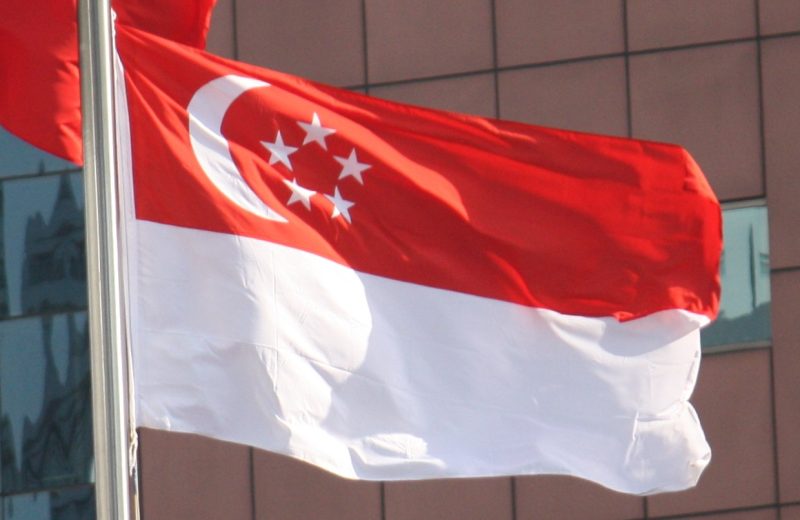Singapore to enforce SAF levy from April 2026

The Civil Aviation Authority of Singapore announced that the new sustainable aviation fuel (SAF) levy will apply from 1 April 2026 for flights departing From 1 October 2026 for all passengers, cargo shipments, general as well as business aviation flights.
The quantum of levy will vary based on regions and countries. The CAAS has divided the regions in to four bands with Band I covering Southeast Asia, Band II covering Northeast Asia, South Asia, Australia, Papua New Guinea, Band III for Africa, Central and West Asia, Europe, Middle East, Pacific Islands, New Zealand and final Band IV covering the Americas.
CAAS said the distribution was based on the distance travelled, geographical bands and travel cabin.
The authority said that the airline will collect the levy which will apply only to origin-destination passengers and not those transiting through Singapore.
Under the distribution, the levy enforced on Band I passengers will be in the range of Singaporean Dollar (S$)1.00 for the economy cabin and S$4 for premium cabin. The rate for Band II is in the range of S$2.8 and S$11.2, Band III S$6.4 and S$25.6 with passengers flying to Americas bearing the highest with S$10.4 and S$41.6.
CAAS had previously estimated the SAF levy to be around S$3.00, S$6.00, and S$16.00 for a passenger in economy class travelling direct to Bangkok, Tokyo, and London, respectively.
However, the actual levy amounts for economy tickets to these same destinations are S$1.00, S$2.80 and S$6.40 respectively reflecting the lower prevailing cost of SAF compared to when the initial estimates were made.
A similar geographic distribution was made to the cargo flights going to the regions. The per kg rates for cargo shipments to Band I, II, III and IV have been set at S$0.01, S$0.04, S$0.09 and S$0.15 respectively.
A different methodology has been used for general and business aviation flights using the wingspan thresholds and regions travelled. You can read about those here.
However, CAAS said that training flights and flights for charitable or humanitarian purposes will not be subject to the SAF Levy.
The levy will be managed by the CAAS’ SAF Fund. The fund will be used solely for the purchase of SAF and/or SAF environmental attributes (EAs) and to cover associated administrative costs.
“The introduction of the SAF Levy marks a major step forward in Singapore’s effort to build a more sustainable and competitive air hub. It provides a mechanism for all aviation users to do their part to contribute to sustainability at a cost which is manageable for the air hub,” said Han Kok Juan, director-general of CAAS.
